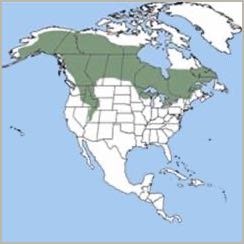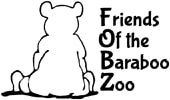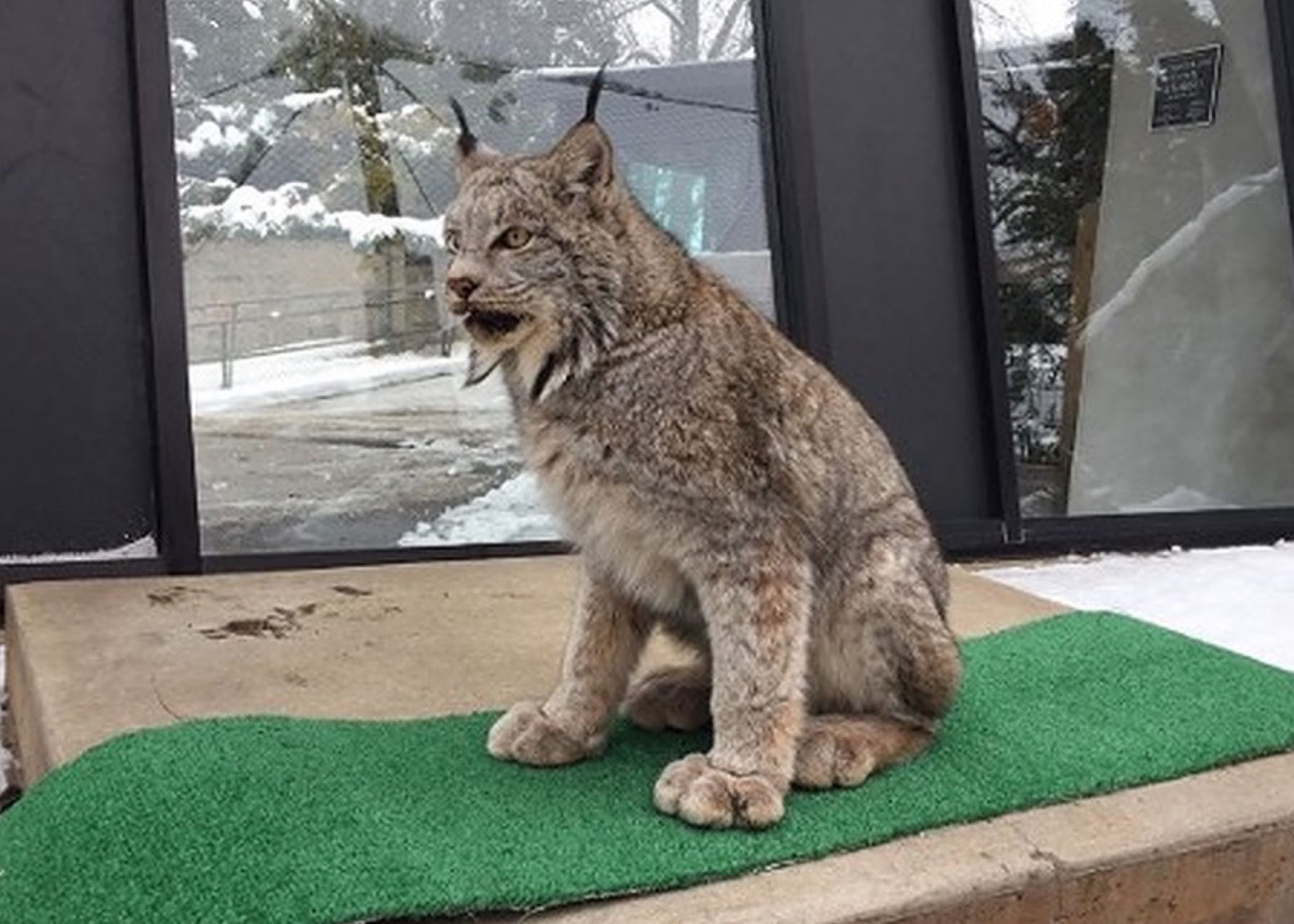Canada Lynx
Lynx canadensis
Conservation Status: Least Concern
Characteristics:
- They are covered with beautiful, thick fur that keeps them warm in the frigid winters.
- Their large paws are also furry and hit the ground with a spreading toe motion that makes them function as natural snowshoes.
- They stand 20 inches tall at the shoulder.
- They weight about 20 pounds.
Lifespan: Up to 15 years in the wild and 26 years in captivity.
Range and Habitat:
- Northern forest across almost all of Canada and Alaska.
- There are also populations in Montana, Idaho, Washington, Oregon and Yellowstone Nation Park in the US.
- They live in coniferous forests near rocky areas, bogs and swamps.

Diet:
- Main diet is the Snowshoe Hare.
- Red, ground, and flying squirrel.
- Porcupine.
- Beaver.
- Fish.
Behavior:
- Solitary animals that hunt and travel alone.
- They are more active at night than by day.
- They hunt by walking, flushing, and chasing their prey.
- They make sounds like a domestic cat: mews, yowls, spits, hisses and purrs.
- Use scent marks, facial expressions, and ear positions to communicate with other lynx.
Fun Facts:
- The word lynx is taken from a Greek word meaning “to shine”.
- Lynx vision has earned legendary status in many cultures. They are believed to see what others cannot and reveal hidden truths.
- The Snowshoe Hare and Canadian Lynx populations exist in synchronicity with one another because of their exclusive diet.
- They do not build dens. They live in existing features such as a fallen log.
- They enjoy the cold weather by playing outside or lying in the snow.
Keeper Notes:
Lyncoln was born in 2012 and hand-reared at a private facility until she came to the zoo at 6 months of age. Lyncoln loves to have her keeper’s attention and will call and purr when they are in sight. Logan was born in 2013 and arrived at the zoo in 2020 from Utica, New York. Logan has never been a fan of his keeper’s like Lyncoln. He only has love for Lyncoln. The hope is that they will be able to breed in the future.

